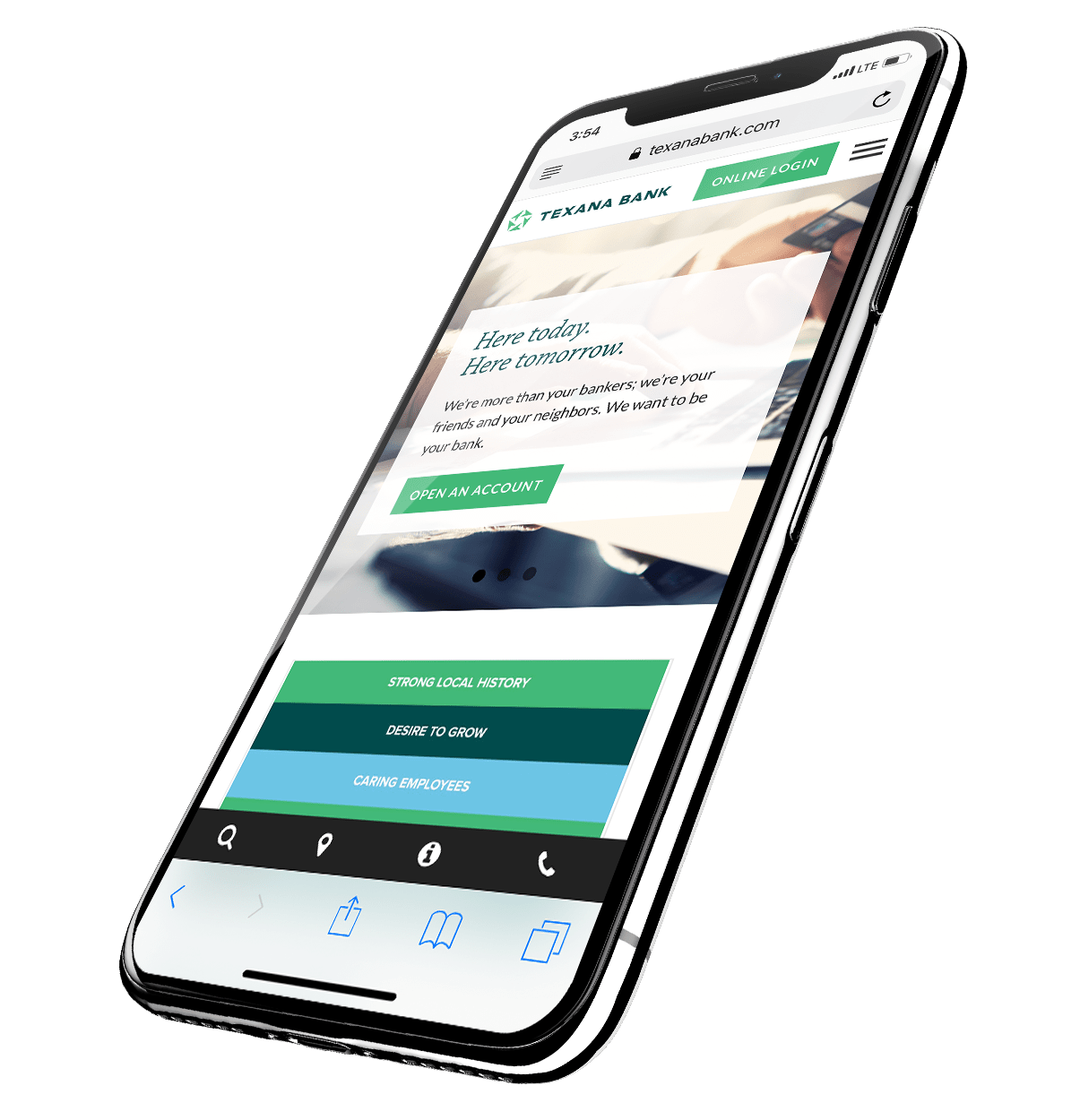I‘ve been watching a lot of Golden State Warriors basketball this season. They are an unreasonably talented team that is dedicated to practicing fundamentals and shooting, and they make high-risk, high-reward shots.
Watching Steph Curry’s pregame workout, it’s no wonder he’s heralded as the best pure shooter the National Basketball Association has ever seen.
Other teams have tried to find an answer for him all season, and none got close. Almost every team tried to outshoot the Warriors and failed, because the Warriors are the best pure shooting team.
When I saw Kevin Love guarding Steph Curry with seconds to play in game seven of the finals, it was clear to me the Cavs weren’t trying to be better than Golden State; they were being different.
The Cleveland Cavaliers weren’t attempting more high-risk, high-reward 3-point shots and pull-up jumpers. They were playing a different style of basketball—switching their defensive looks to keep the Warriors’ shooters on their toes.
The Cavaliers needed to be better, but they realized better meant different. The old schemes led to the Cavs winning only three of the last 10 games against the Warriors leading up to the 2016 NBA Finals.
No one is going to outshoot the Warriors from the 3-point line over the course of a seven-game series. Had Cleveland attempted to beat the Warriors at their own game (and they tried and failed to do that a few times early on), the Cavaliers would never have gotten close. They had to be different.
The solution for the Cavaliers was packing the court with big-bodied athletes and switching Curry’s defender anytime Golden State tried to reset, giving Curry an almost endless wall of defenders he couldn’t shoot over. They tried something different—something better.
Cleveland didn’t try to outshoot Golden State; they changed the game.
That difference made the Cavs the only NBA team to ever recover from a 1-3 deficit in the Finals.
Being better, by its very nature, means you have to be different.
You cannot copy the competition and expect to outperform them.
If you want to outdo yourself, you can’t perform the same way you always have.
A recent economic development conference reminded me of this marketing paradigm. Developers told a room full of business owners and civic leaders to emulate the successful cities around them in order to recruit away their jobs and businesses.
Why would a company move from Tuscaloosa to Tupelo if Tupelo is just copying Tuscaloosa? The business doesn’t need to undergo an expensive move if the city recruiting it is the same as the city it’s in.
This copycat idea is most prevalent in car lot commercials. When is the last time you saw a car lot commercial that stood apart from the rest? You probably haven’t. The owners stand in the middle of the lot and yell at the camera.
A man once told me people are legally insane during the 72 hours surrounding the purchase of a new car. Supposedly, the craziness of the ad connects with the insanity of the buyer.
Somewhere along the line, a group of salesmen decided to believe this, and the belief has created a false captivity for all car lot owners.
This false captivity holds true in almost all industries. We get stuck believing we must follow a certain unspoken set of rules simply because it’s the way things have always been done. When we try to be better by being the same, there is no need for fences or guards, because we are our own captors.
I like to imagine that car lot owners watching TV in the evening almost always think to themselves, “I can yell louder than that,” and that thought becomes their entire advertising strategy.
That person is a captive, trying to figure out how to perform better within a false paradigm.
How do you expect to be better than your competition when your advertising looks essentially the same?
Thankfully, every once in a while, someone comes along with enough wisdom and passion to break free.
That brave soul almost always reaps the reward.
In 2008, most banks were on an advertising downturn, shamefully tucking their tails in the face of a recession. Renasant Bank decided to be different.
Banks across the nation offer incredibly similar services. Renasant looked to its greatest advantages: service and approachability. It refused to charge fees that other struggling banks introduced. It refused government assistance and powered through a terrible recession with focus on the customer.
Renasant Bank became the face of greater service at a time when public trust in banks had reached an all-time low. It practiced what it was best at, redoubled its efforts and communicated this to the public.
The public listened.
When the leaders of a Mississippi-based telecommunications company decided they wanted to compete on a national scale, they changed the company’s name to CSpire and grew it into one of the 10 largest wireless providers in the United States. When Apple was looking to expand its iPhone offerings beyond the big four carriers, CSpire was chosen over national carriers like T-Mobile and Cricket.
Both of these Mississippi companies have seen exponential growth because they bucked trends, and not only were they rewarded for their bravery, their customers were too.
Next time you’re faced with a creative new path for your business, don’t put your head back in the stocks of “the way we’ve always done things.”
You won’t be better until you’re different—different from others, and sometimes from yourself.
If you want to be better, commit to being different.


